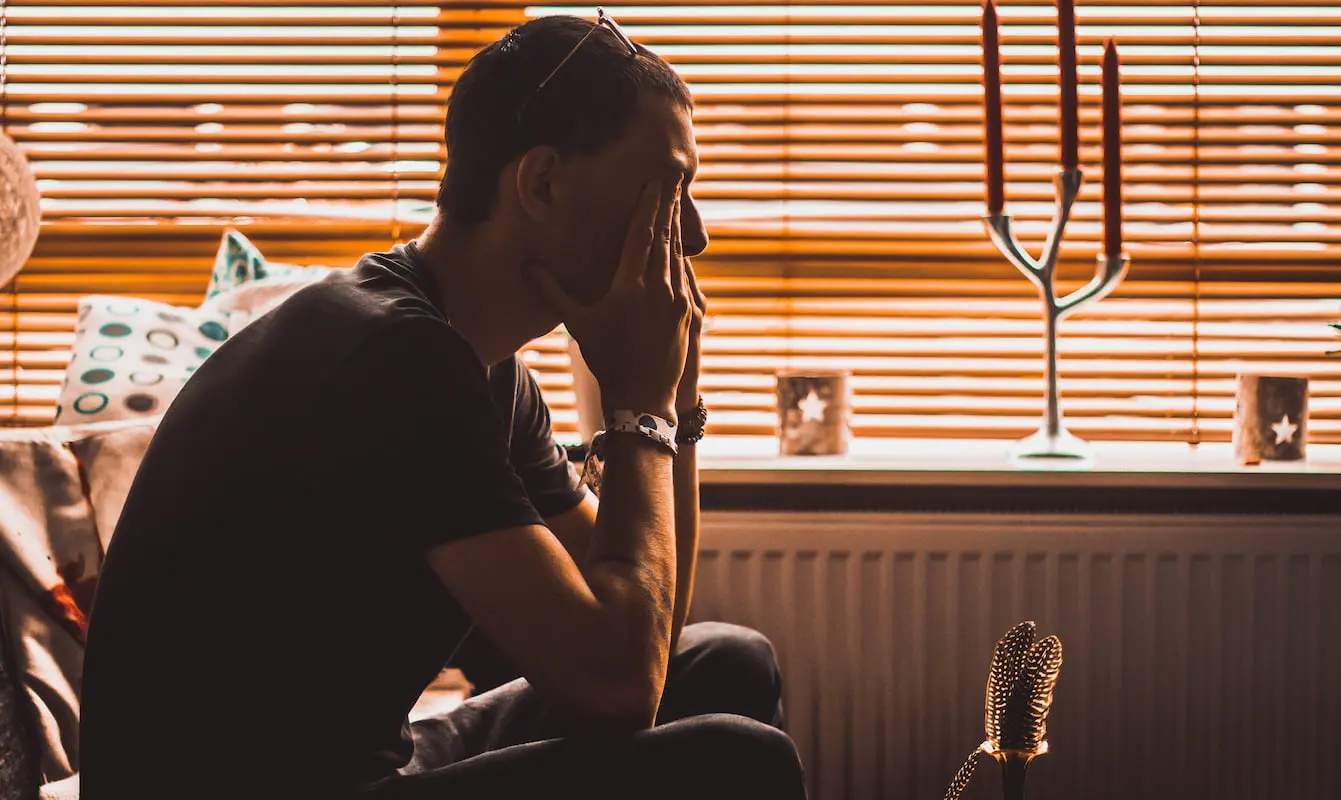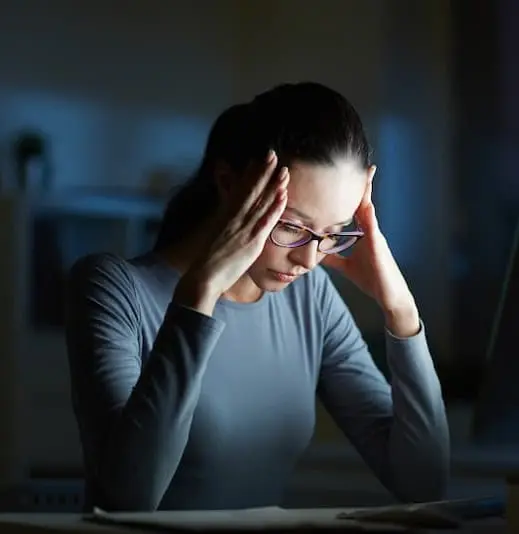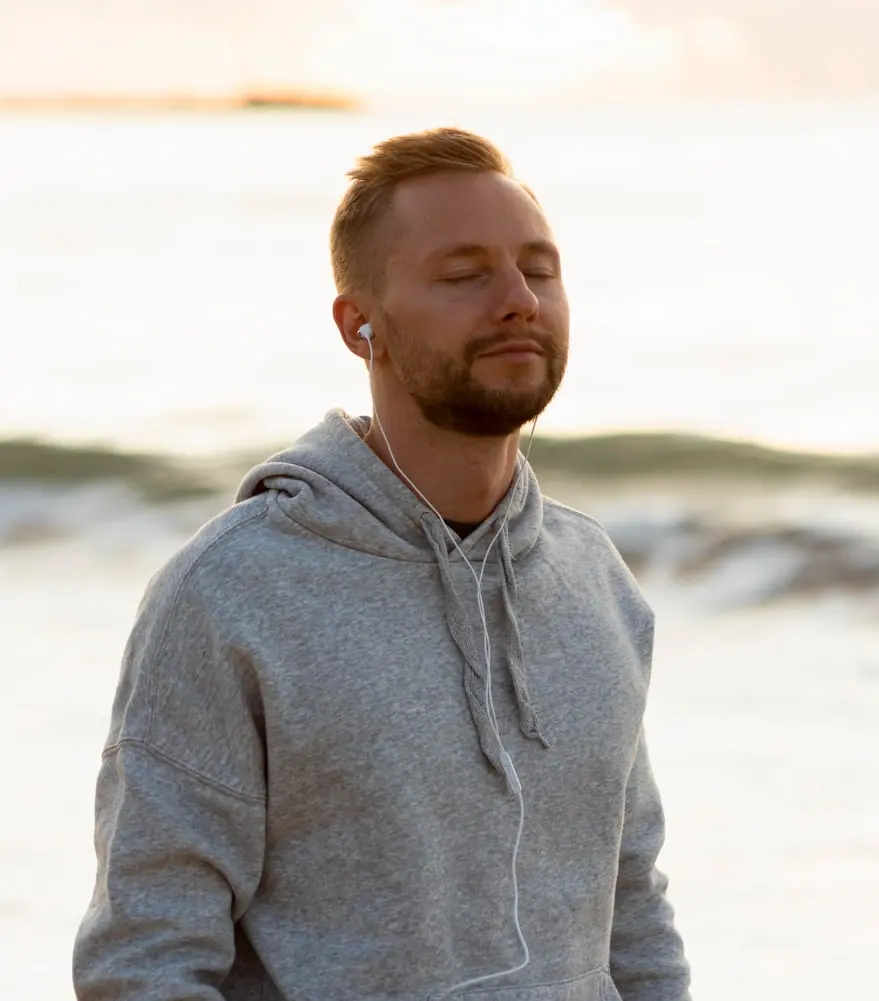Free Yourself from Anxiety and Find Inner Peace


Empowering You to Overcome Anxiety and Thrive
Recognizing the Signs of Anxiety
Anxiety can manifest in various ways, affecting both your mental and physical well-being. It’s important to be aware of the common symptoms associated with anxiety, as recognizing them is the first step towards seeking support and finding relief. Below are six identifiable symptoms of anxiety that you may relate to:
Racing Thoughts
Having a racing mind filled with intrusive thoughts, often jumping from one worry to another, which can feel overwhelming and exhausting.
Physical Discomfort
Experiencing physical symptoms like muscle tension, headaches, stomachaches, or shortness of breath, even in the absence of a physical illness.

Sleep Disturbances
Having trouble falling asleep, staying asleep, or experiencing restless sleep due to racing thoughts or a sense of unease.
Avoidance Behavior
Irrational Fears
Generalized Anxiety Disorder
Constantly feeling on edge and experiencing excessive worry about everyday situations, making it difficult to relax and enjoy life.
Empowering Change Through Therapy

Our Approach to Anxiety Therapy
Providing a Safe Space
Individualized Treatment
Identifying Triggers
Emotional Regulation
Building Coping Strategies
Holistic Approach
Stress Management
Behavior Modification
Cognitive Restructuring
Experience Lasting Anxiety Relief with Our Expert Team
Take the First Step towards Anxiety Relief Today
If You’re Ready To Experience Life Better, We’re Here To Help.
Every 1st Consultation With Us is Free
Frequently Asked Questions
What is anxiety and what are its symptoms?
How can I manage anxiety on my own?
What are the most effective treatments for anxiety?
Can anxiety be cured?
What are the main causes of anxiety?
Is it possible to treat anxiety without medication?
Can anxiety lead to panic attacks?
How can therapy help with anxiety treatment?
Are there any natural supplements or remedies for anxiety?
How long does it take for anxiety treatment to be effective?


